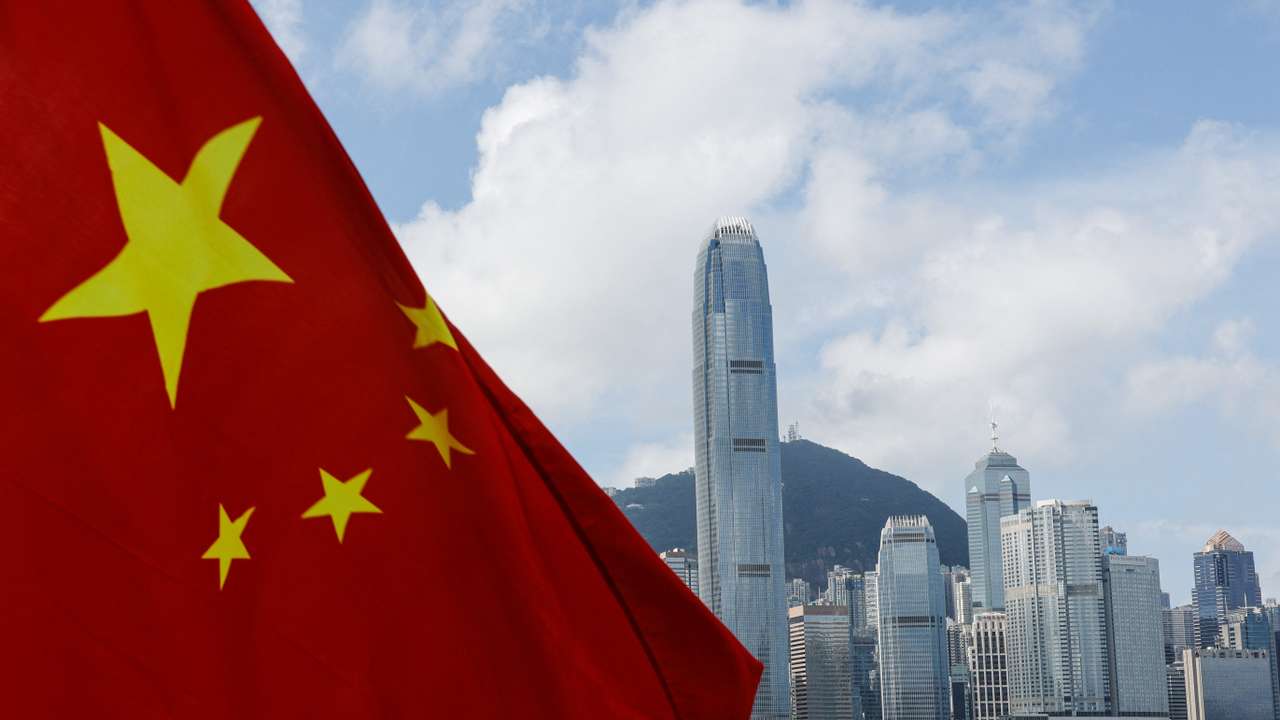Hong Kong's Pro-Democracy leaders present final defense in Landmark National Security Trial

In the culmination of Hong Kong's largest national security case, 47 prominent pro-democracy figures face an uncertain fate as prosecutors and lawyers deliver closing speeches.
Accused of "conspiracy to commit subversion" for organizing an unofficial primary election in 2020, the activists argue it was part of Hong Kong's political landscape, while prosecutors claim it was a "massive scheme" against the government, potentially leading to life imprisonment upon conviction.
The trial, emblematic of Beijing's crackdown after imposing the national security law in 2020, marks a turning point in Hong Kong's political landscape.
Despite the city's partial democracy, the fate of the "Hong Kong 47" exemplifies how dissent has been curtailed, even in once-permitted channels.
The trial has garnered international attention, with critics condemning the impact of the national security law on political activism.
The accused, including politicians, protest leaders, academics, and journalists, come from diverse backgrounds and generations.
The trial, underway since February, has witnessed 31 guilty pleas, a strategy in Hong Kong that could lead to reduced sentences. If convicted, the defendants could face severe penalties, including life imprisonment.
The charges stem from a primary election held in 2020, aiming to select candidates for Legislative Council elections. The trial provides insights into how the national security law has altered Hong Kong's legal system, deviating from common law traditions.
It is being heard without a jury, and bail has been denied for most defendants, showcasing the law's impact on legal precedents.
As Hong Kong navigates these legal changes, the trial's verdict, expected in three to four months, holds significance not only for the "Hong Kong 47" but also for the city's future political landscape.
The broader impact of the national security law on judicial independence remains a subject of global scrutiny, shaping the narrative of Hong Kong's democratic aspirations.